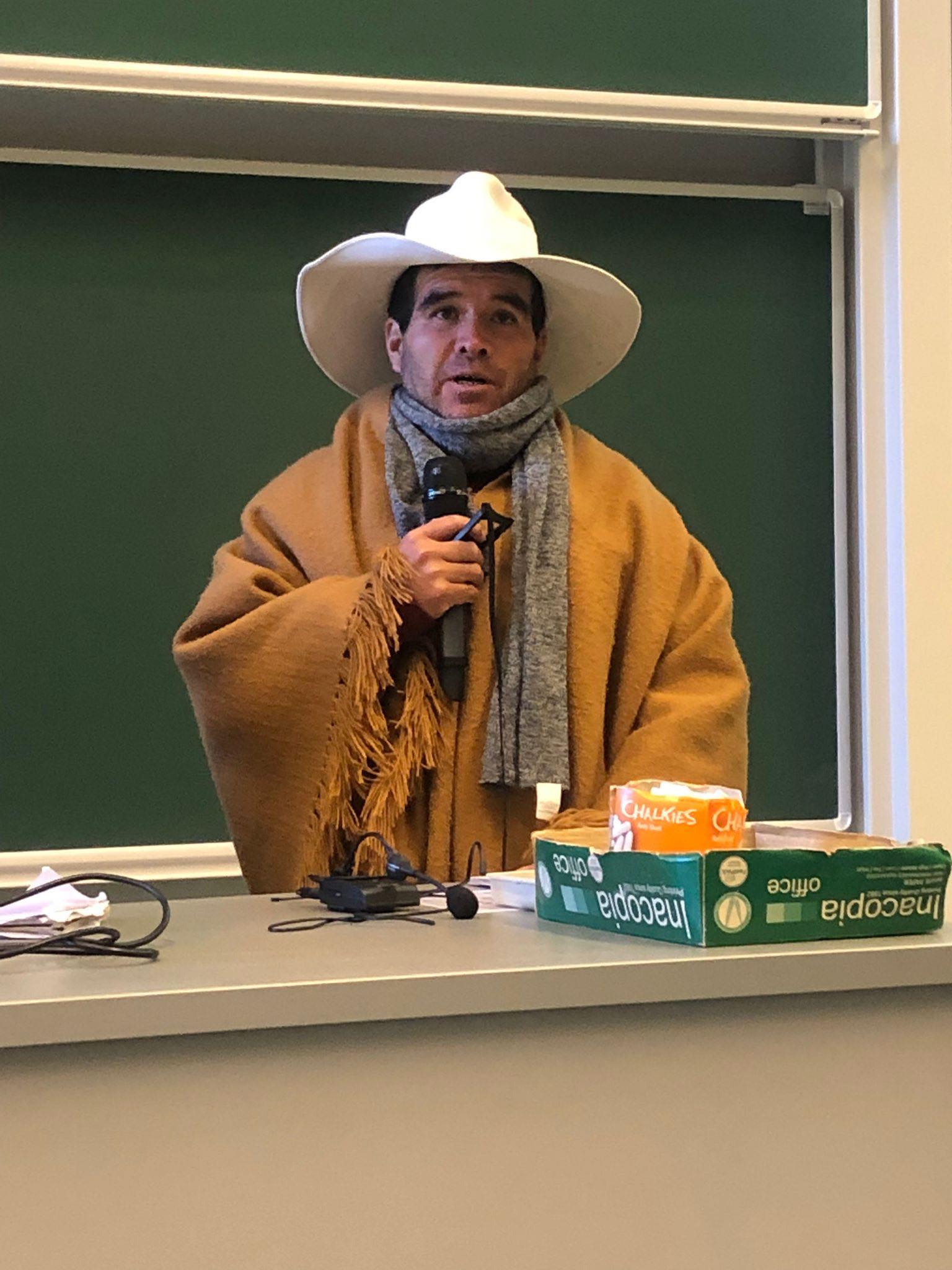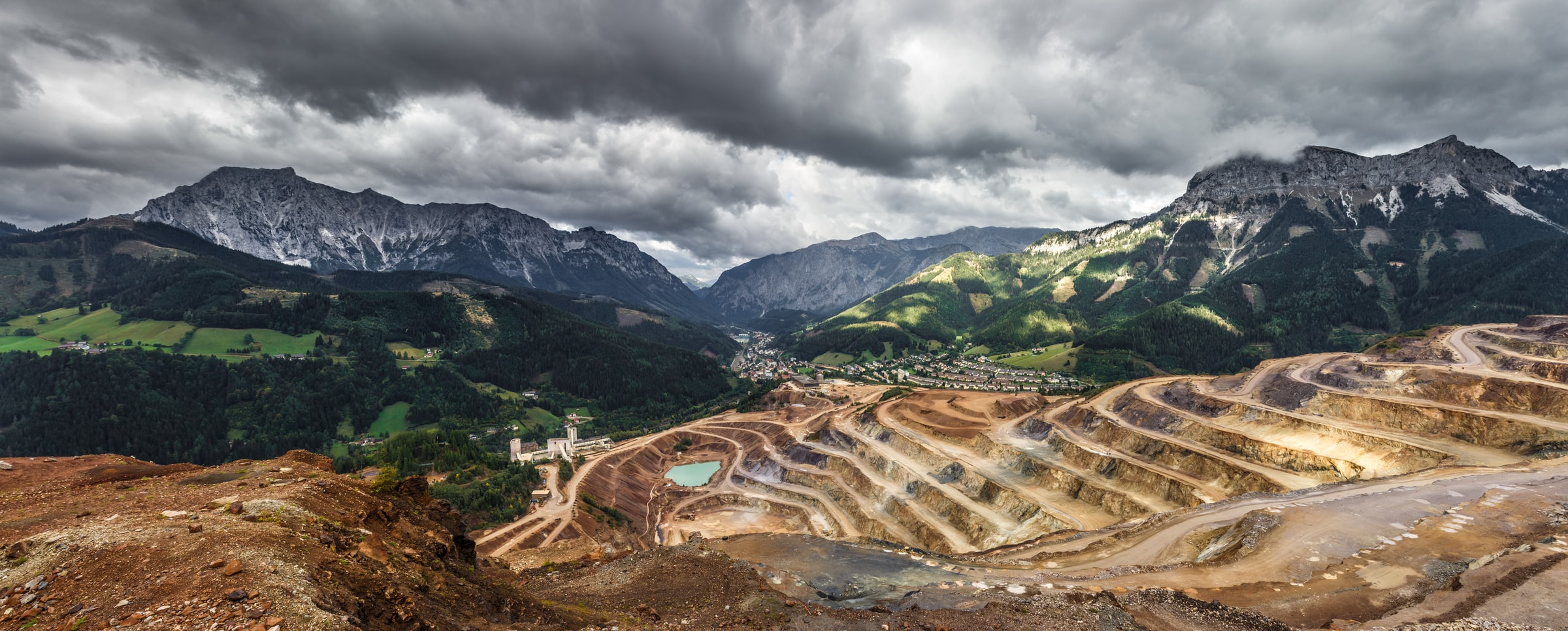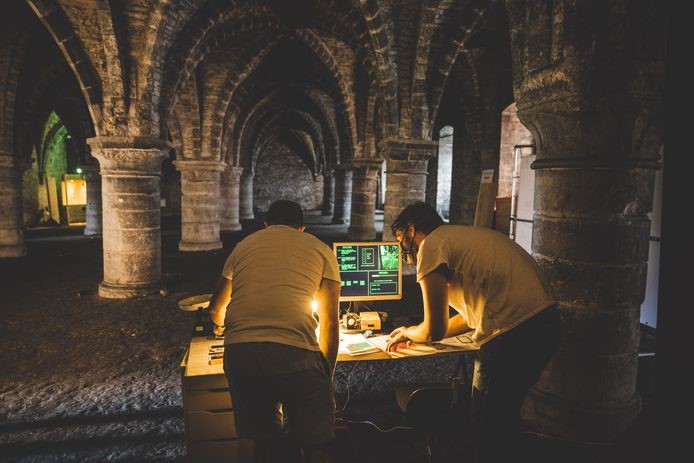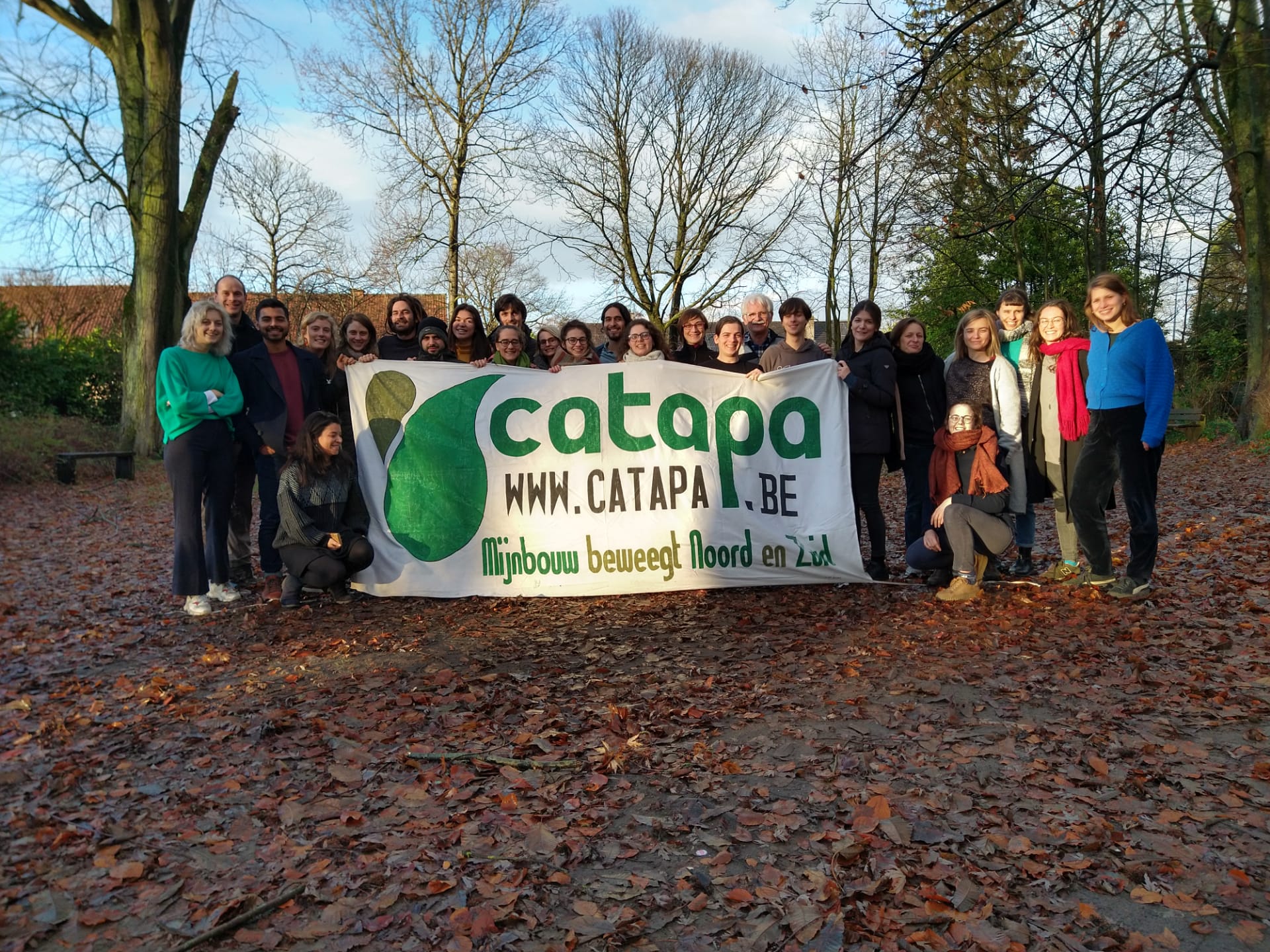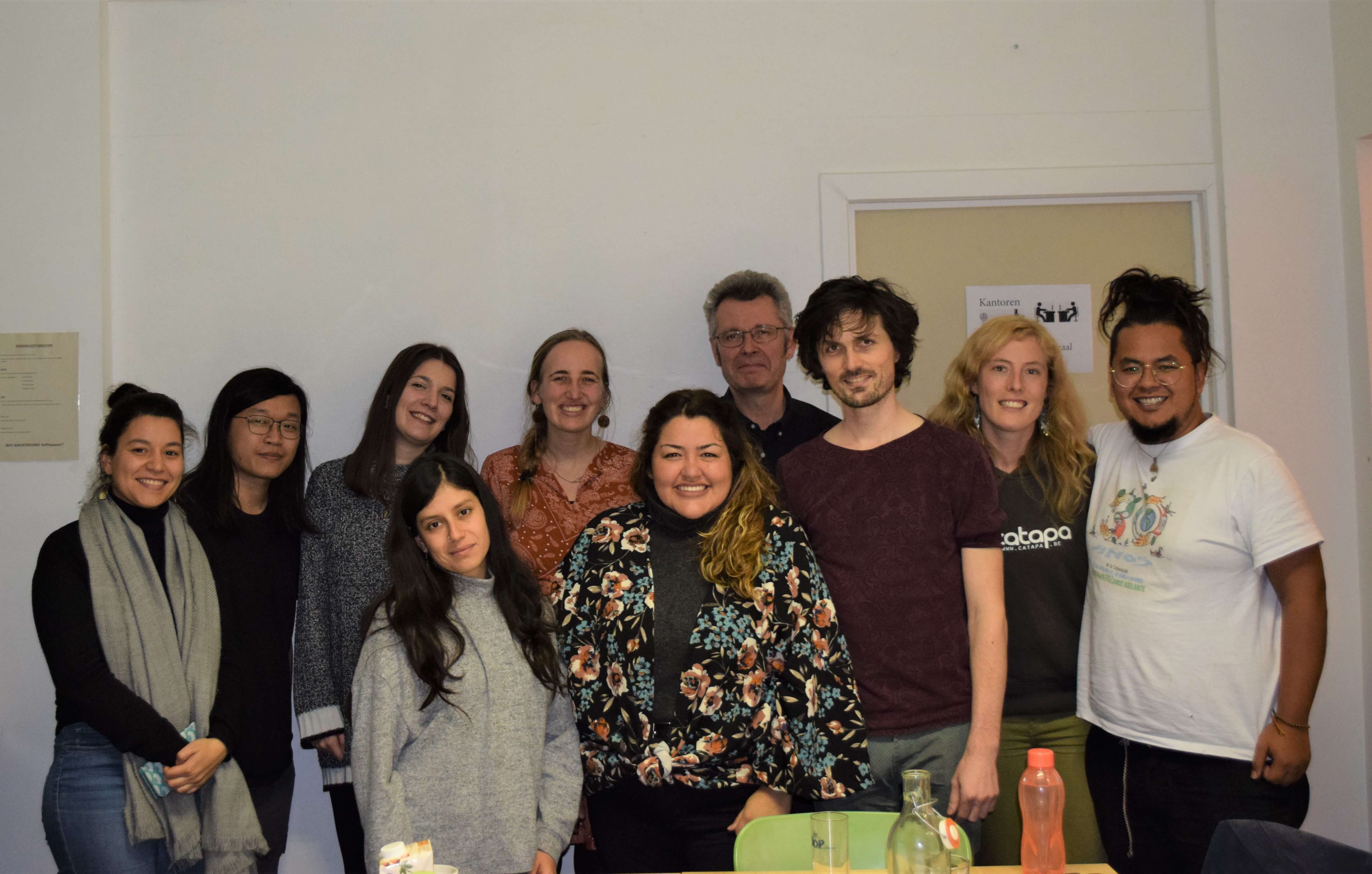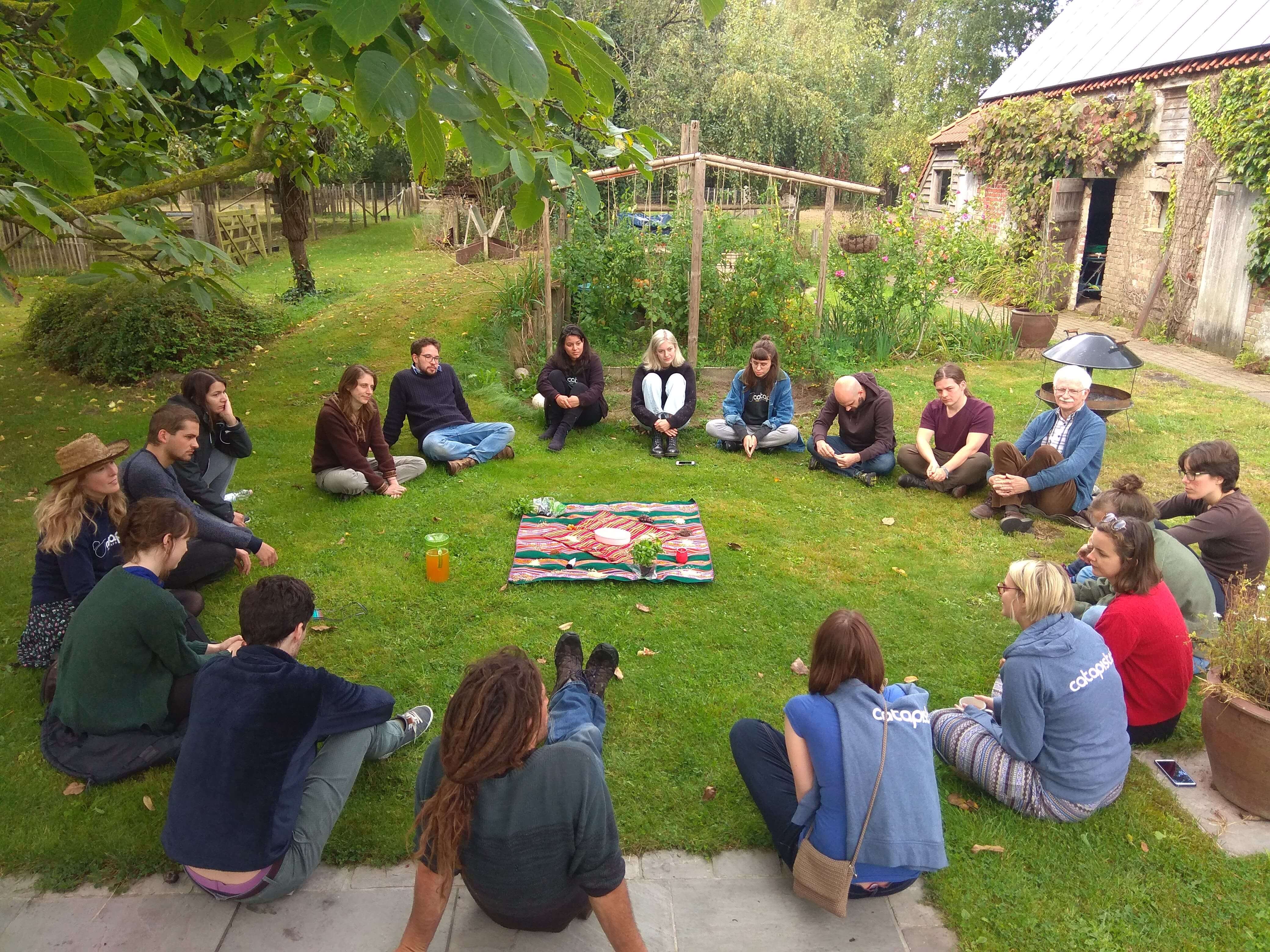El ‘Greenwashing’ de la industria minera
Un hogar cálido, un coche propio y el último smartphone; muchos de nosotros estamos acostumbrados a una vida de lujo. Para seguir satisfaciendo todas estas necesidades, tenemos que hacer una transición energética. El tan elogiado “acuerdo verde” abre la puerta a alternativas ecológicas como los coches eléctricos y los paneles solares. Pero, ¿son estas alternativas realmente tan verdes y nuestras necesidades tan indispensables?
Según el grupo de acción YLNM (Sí a la vida, No a la minería) no lo son. Recientemente han publicado un comunicado de prensa “En primera línea de la extracción de litio” en el que dan la voz de alarma. En particular, denuncian la drástica expansión de la minería en nombre de la energía verde. La minería equivale a la violación de los derechos humanos y a la destrucción de ecosistemas cruciales. Todo menos verde.
Europa
La UE debería reducir la extracción de recursos naturales en un 65%. Esto es lo que Friends of the Earth Europe y el European Environmental Bureau (EEB) afirman en un reciente estudio titulado “La minería verde es un mito”. Europa ya utiliza una cantidad desproporcionada de recursos naturales disponibles. De hecho, la huella material de la UE se sitúa actualmente en 14,5 toneladas per cápita, aproximadamente el doble de lo que se considera un límite sostenible y equitativo, y muy por encima de la media mundial.
A pesar de estas cifras alucinantes, el European Green Deal no hace más que llevar la minería más allá. El uso de coches eléctricos individuales no es en absoluto una solución. Se espera que la demanda de litio en la UE a través de las baterías, por ejemplo, para los coches eléctricos, aumente en casi un 6000% para 2050.
Promesas vacías
La industria minera suele estar en manos de multinacionales que se preocupan muy poco por los derechos de la población local. En el video de la conferencia de prensa de YLNM una mujer indígena dice: “Vienen y lo destruyen todo. Dicen que traen trabajo y comida. Pero eso es sólo hoy. Mañana volveremos a tener hambre”.
Los indígenas suelen ser el ejemplo de un estilo de vida sostenible. Sin embargo, son precisamente estas comunidades y entornos los que se abandonan, y ello en nombre de la energía verde. En muchos casos, los proyectos de litio se imponen a las comunidades locales. No hay transparencia ni decisión democrática. La industria minera está entrelazada con la política local y a menudo consigue el apoyo de los políticos locales. Además, a veces consiguen el apoyo de organizaciones internacionales de desarrollo para promover la “minería verde”. Pero la minería verde no existe.
El agua vale más que el litio
Además de violar los derechos humanos, la minería también destruye los ecosistemas. La extracción y el procesamiento del litio causan daños permanentes e irreversibles en los sistemas hídricos. Las minas no sólo afectan a los cursos de agua y a la calidad del agua, sino que también fragmentan el paisaje, haciendo casi imposible medios de vida más sostenibles como la agricultura y el turismo. Por ejemplo, el desierto de Atacama, en Chile, está perdiendo poco a poco sus últimos recursos hídricos debido a los efectos de la minería del litio. Chile tiene la mitad de las reservas mundiales de litio y casi todas sus exportaciones se extraen actualmente del desierto de Atacama, el lugar más seco del mundo.
Necesidad de un cambio de comportamiento
Estas son conclusiones horribles. Por suerte, muchos grupos de acción proponen una serie de alternativas concretas para limitar al máximo la extracción y limitar los daños futuros.
Es crucial un cambio drástico en nuestros hábitos y consumo. La demanda de energía y materiales tiene que disminuir considerablemente. Esto puede conseguirse potenciando al máximo el transporte público, ofreciendo alternativas a los coches personales y prestando más atención a la reparación, reutilización y reciclaje de baterías y otros productos.
Además, es importante informar objetivamente a las comunidades locales sobre las consecuencias de la minería. La población debe tener derecho a decir no si no está de acuerdo con el proyecto.
El cambio climático debe abordarse desde una perspectiva holística y de justicia medioambiental. La minería es destructiva, no sólo desde el punto de vista ecológico sino también humano. Estos elementos deben ser reconocidos y las políticas deben abordarlos de manera significativa.
Por último, hay que acabar con la impunidad de las empresas. Los tratados vinculantes deben mejorar las empresas y los derechos humanos. Si no se cumplen, deben imponerse sanciones. Para garantizar esto, se necesitan normas sensatas de protección medioambiental y social.
Debemos ser conscientes de que estos enfoques “verdes” del European Green Deal se presentan a menudo como innovaciones, pero en realidad representan modelos destructivos que promueven una transición injusta y desigual. ¡No debemos dejar que se llegue a ese extremo!






